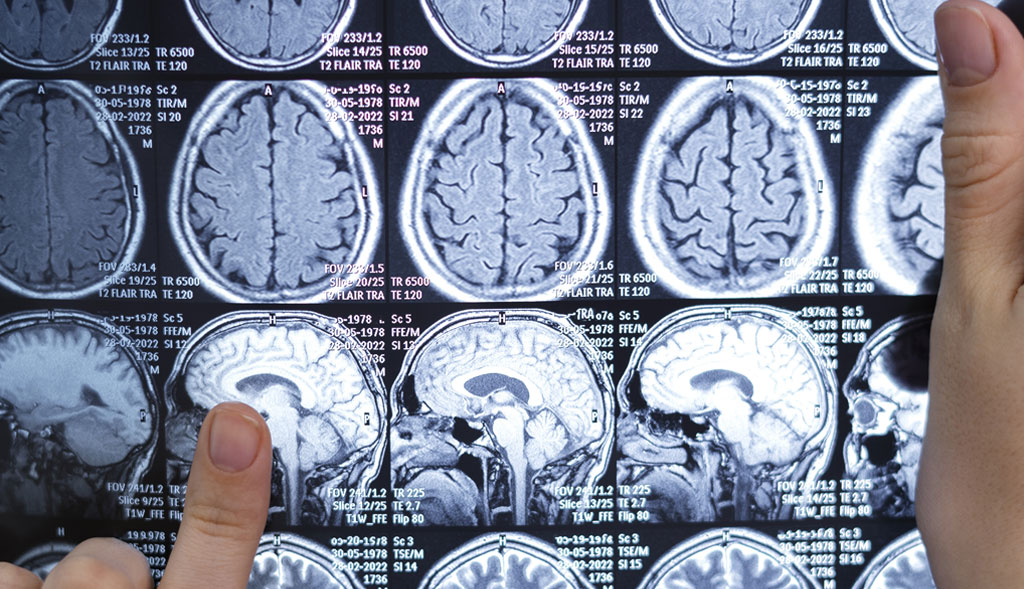
In the field of Neuroscience and Neuroimaging, the role of Magnetic Resonance Imaging (MRI) has been a game-changer. While standard MRI is primarily used for structural imaging of the brain, functional MRI (fMRI) has revolutionized our ability to understand the functioning of the brain and map neural networks. We at Eastern Diagnostics, believe that this technology holds immense possibility for diagnosing and treating neurological disorders, offering a non-invasive way to delve into the complexities of the human brain.
An Overview of Functional MRI
It is a specialized imaging technique that can measure changes in blood flow and oxygenation levels in the brain, providing insights into brain activity. It relies on the principle that when a particular region of the brain becomes active, it needs more oxygenated blood. MRI captures the increased blood flow, enabling researchers and professionals to identify the active area with precision.
Primary Applications of MRI
One of the primary applications of MRI is to understand how the brain functions in healthy individuals. By asking participants to perform certain specific tasks or engage in cognitive activities, when they are undergoing the scan, professionals can pinpoint which regions are activated during the process. This enables mapping of functional areas responsible for language, memory, motor skills and other cognitive functions.
Brain Disorders and Treatments
MRI also plays a crucial role in mapping the complicated neural networks responsible for human cognition and behaviour. The networks are composed of interconnected brain regions that work together to perform complex tasks. Through resting-state MRI, which records normal brain activity in the absence of specific tasks, professionals can identify and map these networks. Understanding the networks enhances comprehension of brain disorders and their treatments.
MRI in Diagnosing Neurological Disorders
MRI applications in diagnosing neurological disorders are promising and effective. Some significant strides made in notable areas include:
Alzheimer’s Disease: Identifies early biomarkers of the disease. It can detect changes in brain connectivity and activity patterns, aiding in early detection and monitoring progression.
Depression and Anxiety Disorders: It is used to study the region of the brain responsible for mood disorders. It helps professionals to plan personalized treatment strategies and monitor efficacy.
Epilepsy: It helps identify the seizure focus in epilepsy patients, allowing for precise intervention.
Autism Spectrum Disorder: Understanding the connectivity patterns in the brains of autistic patients is a critical area of research, that helps in planning effective management of their condition.
Stroke Rehabilitation: It assists in mapping brain plasticity and recovery mechanisms, following a stroke, informing rehabilitation approaches.
Pain Research: It is used to study the brain’s response to pain, offering insights into chronic pain conditions and aiding effective pain management.
Introducing Standing MRI at Eastern Diagnostics Alipore Centre
We at Eastern Diagnostics feel that MRI is a powerful tool that has revolutionized our understanding of brain functions and neurological problems. Our commitment to providing the highest quality diagnostic services has driven us to invest in state-of-the-art equipment that aligns with the evolving needs of medical practitioners and patients alike. The introduction of Standing MRI underscores our dedication to staying at the forefront of medical imaging technology. Our team of skilled radiologists and technicians are dedicated to ensuring a seamless and comfortable experience for all patients. As a trusted medical partner, we believe this technology will greatly benefit your practice and your patients.
